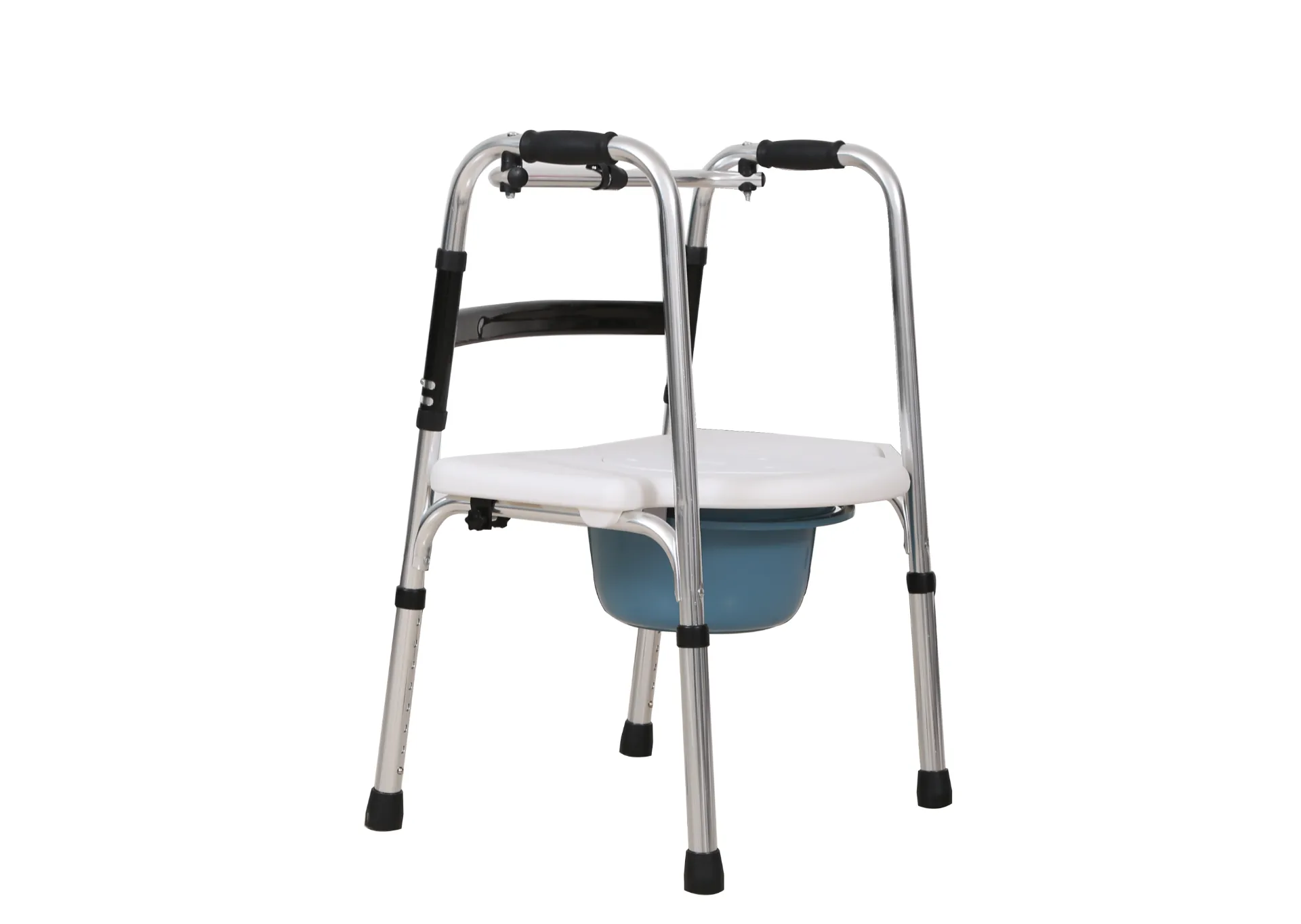Welcome to our websites!
smart hospital beds
The Future of Healthcare Smart Hospital Beds
As the healthcare industry evolves, so too does the technology that supports it. One of the most significant advancements in recent years is the development of smart hospital beds. These innovative devices are transforming patient care, enhancing hospital efficiency, and ultimately improving outcomes for patients across the globe.
Smart hospital beds integrate advanced technology to provide a wide range of features that enhance patient monitoring and comfort. Unlike traditional hospital beds, smart beds are equipped with sensors and software that collect real-time data about a patient’s health status. This technology enables healthcare providers to monitor vital signs such as heart rate, respiratory rate, and oxygen saturation continuously. By doing so, they can detect any significant changes in a patient’s condition quickly, facilitating timely interventions and reducing the risk of complications.
One of the key benefits of smart hospital beds is their ability to promote patient safety. These beds often come with fall detection systems that alert staff if a patient attempts to get out of bed without assistance. This feature is crucial for elderly patients or those recovering from surgery, as falls can lead to serious injuries and extended hospital stays. Additionally, many smart beds are designed with adjustable features that allow patients to change their position easily, improving comfort and reducing the risk of pressure ulcers.
The integration of smart technology in hospital beds also streamlines operations for healthcare professionals. With real-time data transmission to central monitoring systems, nurses and doctors can access patient information instantly. This functionality reduces the time spent on manual checks and record-keeping, allowing staff to dedicate more time to direct patient care. Furthermore, smart beds can be programmed to automatically adjust based on a patient’s specific needs, aiding in optimal positioning and therapy delivery.
smart hospital beds

Another noteworthy advancement associated with smart hospital beds is their compatibility with telehealth solutions. In an era where remote monitoring is becoming increasingly prevalent, these beds can facilitate communication between patients and healthcare providers. By allowing remote consultations, healthcare professionals can provide immediate support and guidance without the patient needing to physically visit the hospital. This innovation is particularly beneficial for patients with chronic conditions requiring ongoing management.
Moreover, smart hospital beds contribute to data analytics and research. The vast amounts of data generated from these beds can be analyzed to identify trends, improve care protocols, and enhance overall hospital services. This data-driven approach is vital for advancing medical practices and ensuring that healthcare remains adaptable to patients’ evolving needs.
However, the adoption of smart hospital beds is not without challenges. Concerns regarding data privacy and security are paramount, as sensitive health information is transmitted electronically. Ensuring robust cybersecurity measures are in place is essential to protect patient data from breaches.
In conclusion, smart hospital beds are poised to revolutionize patient care within the healthcare system. Their ability to monitor patients continuously, enhance safety, streamline operations, and integrate with telehealth technologies underscores their significance in modern medicine. As we move forward, the focus on innovation and patient-centered care will undoubtedly drive further advancements in this area, ultimately leading to improved health outcomes and a more efficient healthcare system. Embracing these technologies will be vital in ensuring that hospitals can meet the demands of the future, safeguard patient well-being, and provide the highest quality of care possible.
-
Transforming Healthcare with Hospital FurnitureNewsJun.24,2025
-
Rehabilitation EquipmentNewsJun.24,2025
-
Mobility and Independence with WheelchairsNewsJun.24,2025
-
Freedom of Mobility with Our Rollator WalkersNewsJun.24,2025
-
Comfort and Independence with Commode ChairsNewsJun.24,2025
-
Bathing Safety and Independence with Shower ChairsNewsJun.24,2025
-
Navigating the Wholesale Landscape of Electric Mobility Solutions: Key Considerations for Power Wheelchair DealersNewsJun.10,2025











